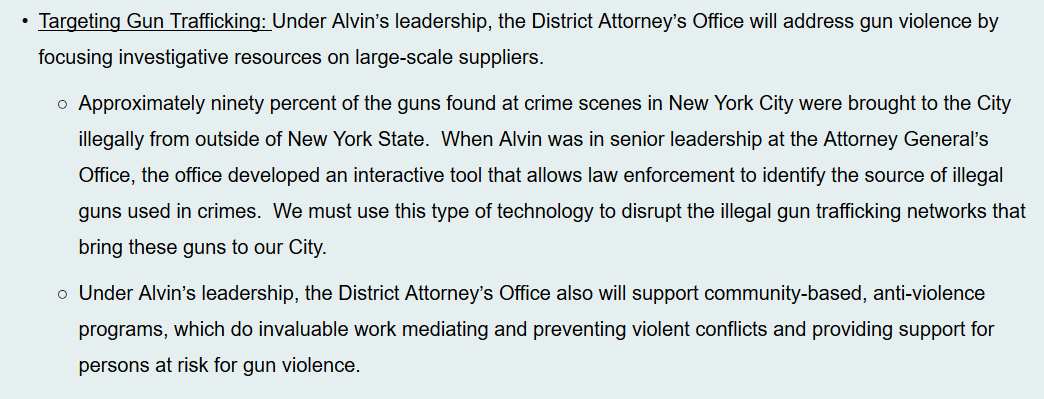Folks, the problem is in the way we talk about #bailreform. The needed correction will never occur if advocates can say "If only he had $500, he'd be free." We need to end cash bail while allowing judges discretion to detain. /1
https://twitter.com/nypost/status/1225516761300250637
And we need to be honest with the public. I wrote last month that today and previously, prosecutors use bail as a *proxy* for detention/remand when they think D is a flight risk or a danger. /2 nydailynews.com/opinion/ny-ope…
We need a new paradigm: if conditions can reasonably assure a return to court, then person should be "released on bond or a bond package." No cash required. No poverty incarcerations. /3
BUT: "Any sane system of pre-trial release and detention must consider dangerousness in the calculation. Those who suddenly want to take discretion away from judges had no such compunction with respect to the new discovery reform law." /4
If the objection *really* is to "criminalizing poverty" (and not, say, to ever, ever detaining people pre-trial), then this kind of system is a viable solution to NY's impasse. /5
But I strongly urge those who want to scale back the bail reform to change the narrative: we shouldn't be looking for more offenses to be "bailable." /6
Instead, for most offenses there should be a presumption of release ROR or on reasonable conditions. Most defendants do return to court. /7
But some flee. And some victimize the public. And it's unconscionable not to allow the system discretion to try its best to make sure that doesn't happen - by detaining those as to which no conditions will ensure return/protect community. /8
I've been around too long to hold my breath, but my proposed system (essentially what's in effect in federal court) answers the concerns of both sides. Or at least the *stated* concerns. /9
Last thing I'll say is that I find it interesting that with discovery, proponents are happy to point out that most states had more open discovery than NY. But with bail, they ignore that vast majority of states *do* assess flight risk *and* dangerousness. /10
In fact, 46 states have adopted systems that peg bail to assessments of risk that include the likelihood that a defendant on pretrial release would harm the community./11 law.nyu.edu/sites/default/…
Maybe NY should give judges like the one in the article (Grasso) the discretion to do what they believe is right and not remove entire categories of cases from their discretion? /end
google.com/amp/s/nypost.c…
google.com/amp/s/nypost.c…
• • •
Missing some Tweet in this thread? You can try to
force a refresh








